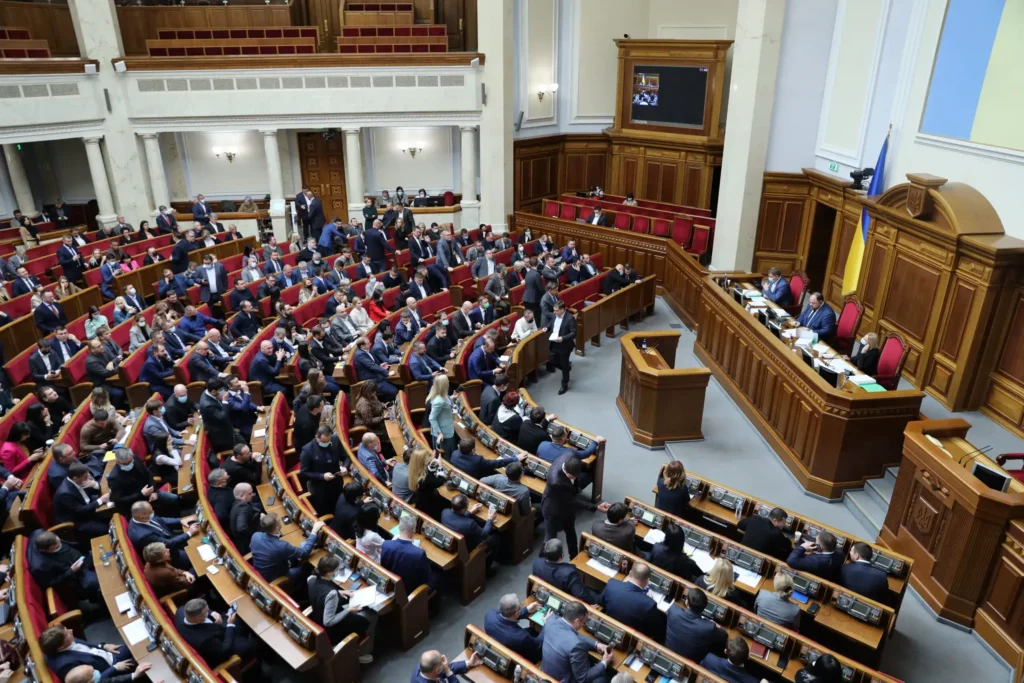Oil prices stabilize as markets watch Trump
25 March 2025 08:34
Oil prices did not change significantly on Tuesday as markets assessed the impact of new US tariffs on countries that buy Venezuelan oil, as well as uncertainty about global demand. This was reported by "Komersant Ukrainian" with reference to Reuters.
Brent futures rose by 1 cent to $73.01 per barrel as of 06:24 Kyiv time. At the same time, futures for U.S. WTI crude oil fell by 1 cent to $69.10 per barrel.
On Monday, both benchmark oil grades rose by more than 1% after US President Donald Trump announced the introduction of a 25% duty on goods from countries importing oil and gas from Venezuela. Oil is Venezuela’s main export item, and its largest buyer is China, which is already under US sanctions.
“Investors fear that the various tariffs imposed by Trump could slow the economy and reduce demand for oil. At the same time, the prospect of tougher US sanctions against Venezuela and Iran, which could reduce supply, as well as his unpredictable political decisions, complicate investment decisions,”
– said Tsuyoshi Ueno, senior economist at NLI Research Institute.
How the US affects the price of oil
Last week, the US imposed new sanctions aimed at limiting Iranian oil exports.
However, on Monday, oil prices slightly retreated from their daily highs after the Trump administration extended the deadline for the American company Chevron to wind down operations in Venezuela until May 27. The loss of Chevron’s license could lead to a reduction in production in the country by about 200 thousand barrels per day, according to ANZ analysts.
Oil prices also came under pressure due to economic risks amid escalating global trade disputes.
Trump said he would soon impose tariffs on cars, although he made it clear that not all of the planned tariffs would come into effect on April 2 – some countries may receive exemptions. This was taken on Wall Street as a signal of possible flexibility in the administration’s customs policy, which has been destabilizing markets for several weeks.
Читайте нас у Telegram: головні новини коротко
OPEC
Meanwhile, OPEC, which includes OPEC countries and other producers, including Russia, is likely to stick to its plan to raise oil production in May, four sources told Reuters. The decision comes amid stable oil prices and commitments by some countries to compensate for past overproduction.
The war in Ukraine and peace talks
Investors are also watching the negotiations to end the war in Ukraine, which could affect the increase in Russian oil supplies to world markets.
On Monday, U.S. and Russian representatives concluded two days of talks that focused on a limited ceasefire plan at sea between Kyiv and Moscow. This is part of Washington’s diplomatic efforts to create preconditions for broader peace talks.
Forecast
Senior economist at NLI Research Institute Tsuyoshi Ueno believes that WTI will remain at around $70 per barrel for the rest of the year, with possible seasonal growth during the active car season in the US and other countries.
Читайте нас у Telegram: головні новини коротко









